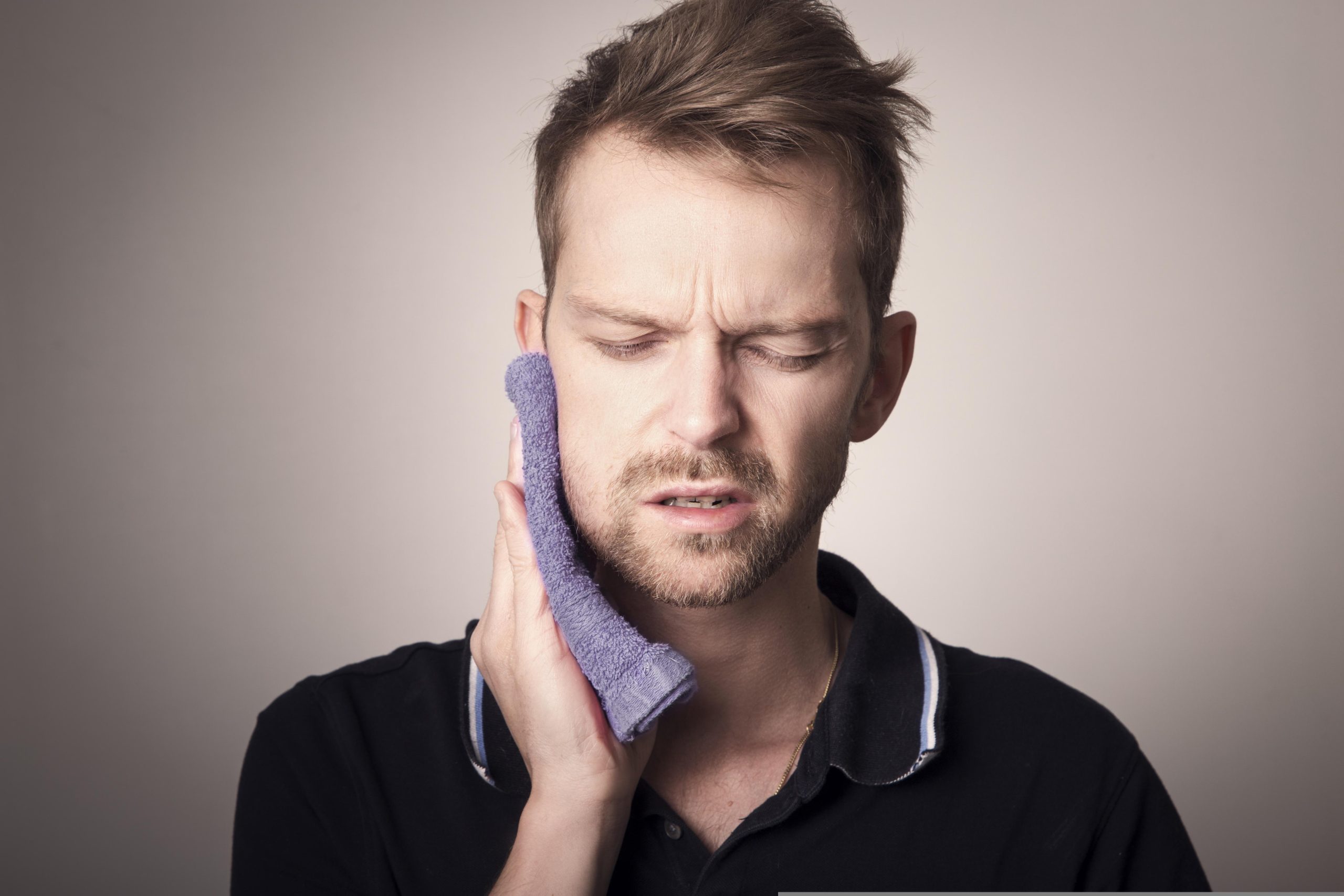Handling Unexpected Dental Emergencies Abroad: A Guide for Implant Patients
Understanding Dental Emergencies with Implants
What Constitutes a Dental Emergency with Implants?
When it comes to implants, dental emergencies can range from minor annoyances to serious problems that need quick attention. Imagine you’re on vacation and suddenly feel a sharp pain or notice swelling around an implant. That’s a signal to act fast! It’s key to know when it’s just a minor issue and when it’s time to call for help.
Some common emergencies include your implant feeling loose, severe pain, or signs of infection like fever. Spotting these early can save you from bigger problems down the road.
Common Causes of Implant-Related Emergencies
There are several reasons why implant-related emergencies might happen. Neglecting oral hygiene could lead to infections around the implant, a condition known as peri-implantitis. An unexpected knock to the mouth from an accident or while playing sports might also harm your implant.
- Weakening bone support due to gradual bone loss
- Poorly positioned implant affecting its stability
- Excessive teeth grinding putting stress on the implant
Signs and Symptoms to Look Out For
Catching early warning signs can stop small issues from turning into big headaches. If pain lingers long after healing, that’s a red flag. Other symptoms might be redness, swelling, or bleeding around where your implant sits.
Keep an eye out for any changes in how your teeth fit together, or if the implant feels like it’s moving. These can be signs of deeper issues. And if you notice a fever or a bad taste and smell, it could mean infection, so don’t wait to seek help.
Preparing for the Unexpected: Crisis Planning Overseas
Importance of Having a Dental Emergency Plan
Being prepared for dental emergencies while traveling is super important, especially if you have implants. Having a plan in place means you can handle surprises without stress. This includes knowing the risks and having the right resources handy.
Make sure you know about local dental services, understand what your insurance covers, and have a list of emergency contacts. This groundwork makes dealing with any crisis quicker and easier.
Essential Steps for Planning Ahead
Start by checking out dental facilities in the places you’re visiting. Find clinics known for handling emergencies and learn how they operate. Keep a list of emergency numbers handy—think your home dentist, local clinics, and insurance providers.
- Keep your medical history and implant details easy to access
- Familiarize yourself with the local healthcare system—know if you can walk in or need an appointment
- Pack a small dental emergency kit with painkillers and temporary repair tools
Documents and Information to Have on Hand
Carry a detailed file with your dental history, including your implant procedure and any other important medical details. This information is gold for any dentist you might see abroad.
Also, include your home dentist’s contact info, insurance details, and a list of any medications you’re on. Having everything organized means you can get help fast when needed.
Importance of Travel Insurance for Dental Emergencies
Travel insurance can be your best friend when unexpected dental issues crop up. It can save you from hefty bills. Make sure your policy covers dental treatments and know how to make claims.
Pick a plan that offers round-the-clock assistance, so wherever you are, help is just a call away. This little safety net can take a lot of stress off your shoulders in case of emergencies.
Finding International Dental Help When You Need It
How to Locate Qualified Dentists Abroad
In a dental emergency abroad, tracking down a qualified dentist is crucial. Start by asking your hotel or travel agency for clinic recommendations. Online directories and review sites can also offer valuable insights into local services.
Look for clinics accredited by international dental bodies to ensure they meet global standards. Reach out to your insurance provider for a list of approved dentists in the area.
For a smooth experience, consider using Booking Dentist, a platform that connects you to top dental clinics worldwide. With Booking Dentist, you can easily find trusted dentists at your travel destination, check out reviews, and book appointments directly. It’s like having a reliable friend to turn to when you need it most.
Utilizing Embassies and Consulates for Assistance
Embassies and consulates can be lifesavers in dental emergencies. They often have lists of recommended healthcare providers, including dentists, in your area. Reach out to them for advice and help accessing services.
These offices can also assist with translation services or even help you contact family back home if necessary. They’re a great support system when navigating foreign healthcare.
Leveraging Social Networks and Online Communities
Social networks and online communities are fantastic for finding dental help abroad. Platforms like Facebook or travel forums let you connect with other travelers and expats who might have faced similar situations.
These communities can provide firsthand recommendations and tips on handling dental emergencies, making them a treasure trove of information and support.
Understanding Language Barriers and Translation Tips
Language barriers can make dental emergencies tricky. Consider using translation apps to explain symptoms and understand the dentist’s directions. Picking up a few dental-related words in the local language can also be handy.
Some clinics even offer translation services, so ask about this when booking appointments. Clear communication is key to getting the right treatment.
Emergency Implant Care: What to Do When an Issue Arises
Immediate Steps to Take When an Implant Fails
If you think your implant might be failing, avoid putting pressure on it. Stick to soft foods until you can see a dentist. A cold compress can help reduce any swelling.
Get in touch with a local dentist as soon as possible for an evaluation. Make sure to provide them with your dental history and implant details for the best care.
Temporary Solutions to Manage Pain and Discomfort
Over-the-counter pain meds can help ease discomfort until you get professional help. Rinsing with warm salt water can reduce inflammation and keep infections at bay.
- Use dental wax to cover sharp edges or exposed parts of the implant
- Apply antiseptic gel to prevent infection
- Keep up with good oral hygiene to avoid more issues
Knowing When to Seek Immediate Professional Help
If you’re dealing with severe pain, swelling, or bleeding that won’t stop, it’s time to see a professional. Fever or pus are signs of infection needing urgent care.
Quick professional help can prevent long-term damage and keep your implant in good shape. Don’t put off getting help, as early treatment is often the most effective.
Common Temporary Fixes for Implant Problems
Temporary fixes can help you get by until you see a dentist. Denture adhesive or repair kits can stabilize a loose implant crown for a short time. If a crown comes off, dental cement might be used to temporarily reattach it.
These are just stopgaps and shouldn’t replace professional care. Be sure to follow up with a dentist as soon as you can for a proper check-up.
Navigating Dental Tourism for Emergency Situations
Benefits of Seeking Care in Dental Tourism Hubs
Dental tourism hubs offer excellent care at prices that won’t break the bank, making them great for emergency treatments. Places like Mexico, Thailand, and Hungary are famous for top-notch dental services.
These hubs cater to international patients, offering language support and understanding different cultural needs. They also have the latest dental technology and techniques, providing reliable care when you need it most.
Booking Dentist can be your go-to partner in exploring dental tourism. Their platform gives you access to special discounts and even free initial consultations at various clinics worldwide. Their patient managers are there to guide you every step of the way, ensuring your experience is as smooth as possible, without any hidden fees.
Evaluating the Quality and Cost of Care Abroad
When thinking about dental tourism for emergencies, weigh both the quality and cost of care. Do your homework on clinics, check reviews, and look into the dentists’ credentials. Make sure they meet international standards and have experience with implants.
- Compare costs to ensure you’re getting value without sacrificing quality
- Consider the total expenses, including travel and accommodation
- Look for certifications and affiliations with global dental associations
Understanding Cultural Differences in Dental Practices
Cultural differences can shape dental practices and affect your treatment experience. Being aware of these differences helps set realistic expectations and ensures smoother interactions with dental professionals abroad.
Research common practices and etiquette in the country you’re visiting. This awareness can improve communication and make your treatment process more respectful and effective.
Travel Tips for Ensuring a Smooth Dental Experience
When planning your trip, include some buffer days for potential dental appointments. Figure out transportation options to and from dental clinics for easy access.
Pack any necessary medical supplies and keep your travel insurance info handy. Being informed and prepared can make all the difference in managing dental emergencies while away from home.
Reflecting on Your Experience: Lessons Learned
Importance of Being Prepared for Future Travels
Going through a dental emergency abroad really highlights the need for preparation. Use this experience to beef up your emergency plans for the future. Keep your dental records updated and ensure your insurance covers possible emergencies.
Stay informed about the healthcare systems in the countries you’ll visit, and keep your emergency contacts current. Being proactive can cut down on stress and lead to better outcomes next time around.
Evaluating the Overall Impact on Your Dental Health
Take a moment to think about how the dental emergency and the treatments that followed have affected your oral health. Consider follow-up visits with your home dentist to check for any long-term effects and ensure your implants are in good shape.
Let this experience shape your future choices about dental care and travel, keeping your oral health front and center in all your decisions. Reflecting on this can lead to better habits and improve your overall dental well-being.
FAQ
What should I do if I experience a dental emergency with my implant while abroad?
If a dental emergency strikes while you’re abroad, avoid pressuring the area, stick to soft foods, and reach out to a local dentist right away. Booking Dentist can help you quickly find qualified dentists nearby.
How can I prepare for potential dental emergencies while traveling?
Get ready by researching local dental facilities, understanding your insurance coverage, and keeping a list of emergency contacts. Booking Dentist can assist you in finding trusted clinics and dentists at your travel destination.
Why is travel insurance important for dental emergencies?
Travel insurance can cushion the financial blow of unexpected dental emergencies. Make sure your policy includes dental treatments and offers 24/7 help. Booking Dentist highlights the importance of choosing comprehensive travel insurance.
How can I find qualified dentists abroad during an emergency?
Ask your hotel for recommendations, explore online directories, and use Booking Dentist to locate clinics accredited by international dental associations for reliable treatment when abroad.
What are the benefits of dental tourism for emergencies?
Dental tourism hubs provide high-quality, affordable care and cater to international patients. Booking Dentist helps you access advanced dental technologies and skilled professionals in destinations like Mexico and Hungary.


